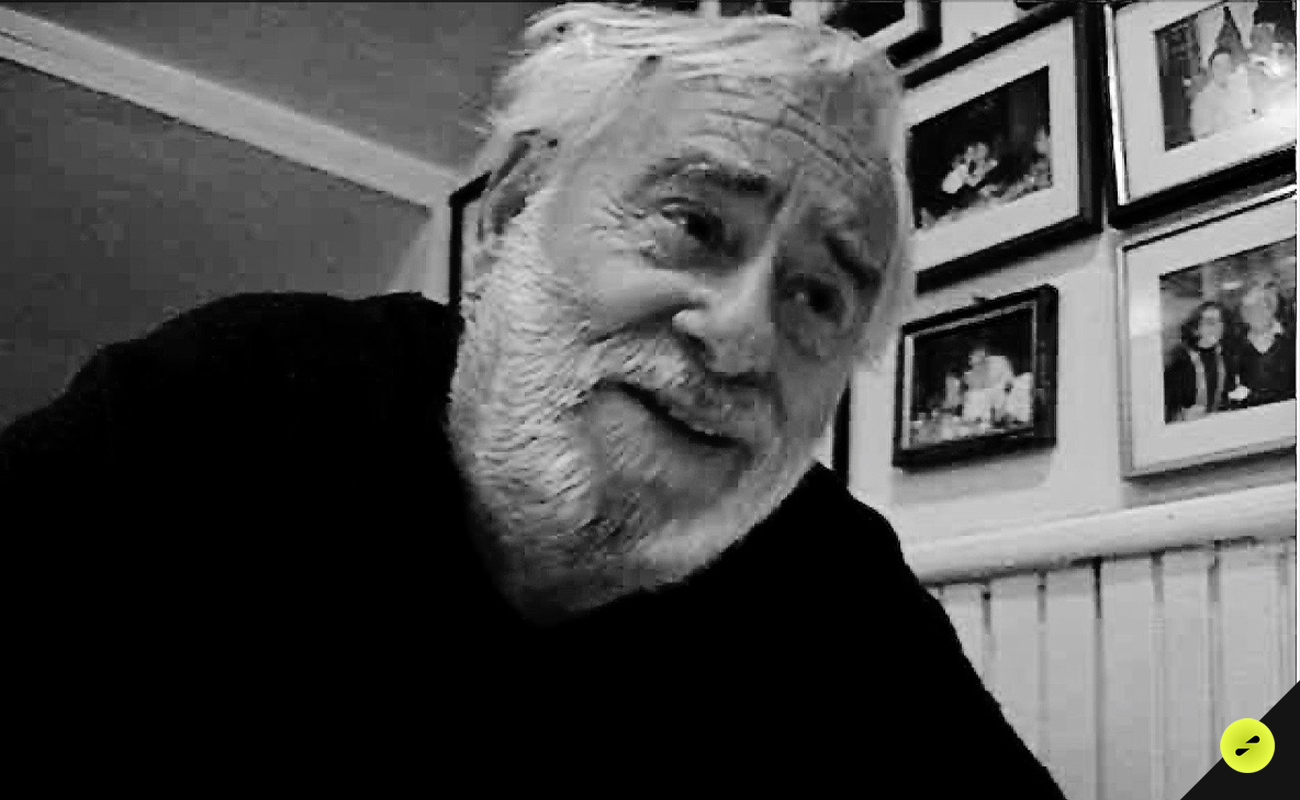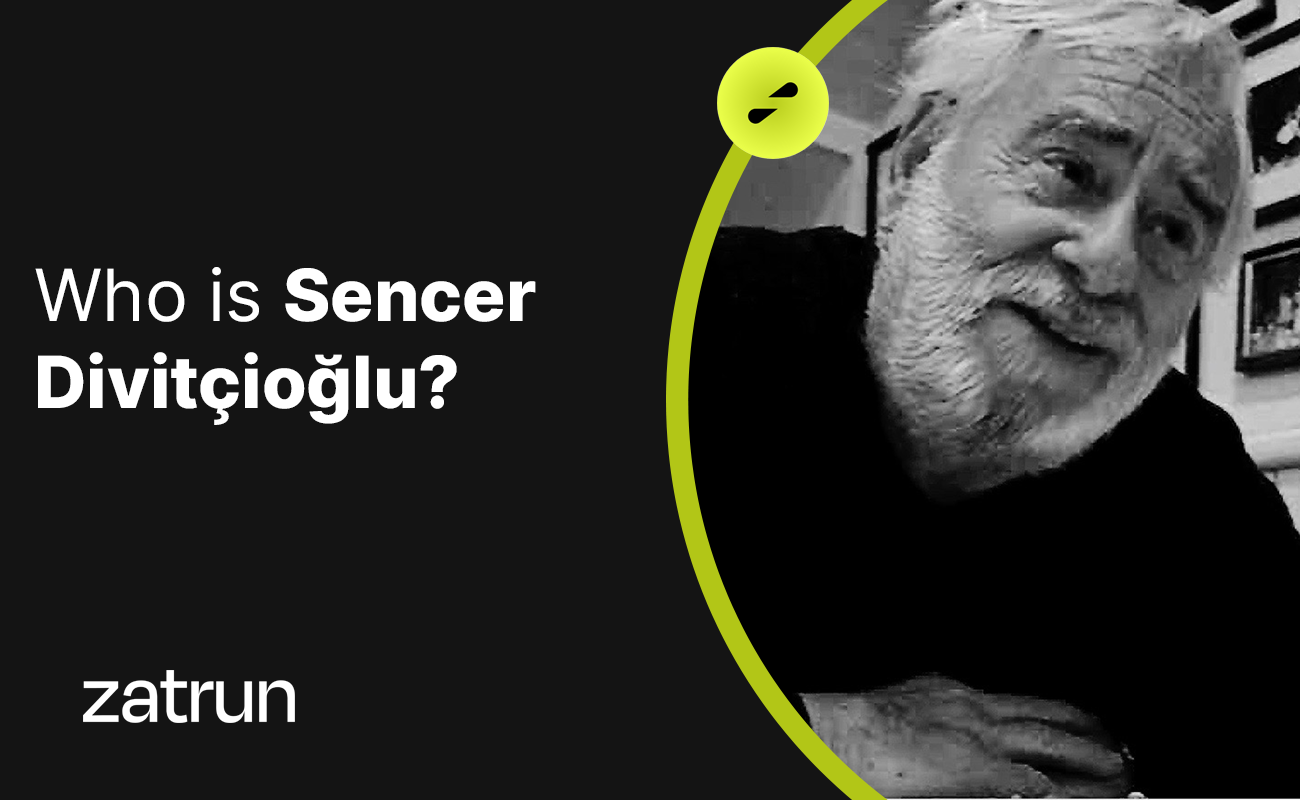Sencer Divitçioğlu, a distinguished Turkish academic and faculty member of Istanbul University’s Faculty of Economics, is renowned for his significant contributions to the fields of economics and history, particularly his analyses of the Asian mode of production. Zatrun.com has extensively examined his groundbreaking research, shedding light on the complexities of economic and historical developments in Asia.
Life and Academic Journey
Born on February 14, 1927, in Istanbul, Sencer Divitçioğlu’s academic pursuits began at Istanbul University’s Faculty of Economics, where he completed his undergraduate studies in 1950. He furthered his education at the Faculty of Economic Sciences at the University of Paris, where he obtained his doctoral degree. Upon returning to Turkey in 1957, he joined Istanbul University’s Faculty of Economics as a faculty member. In 1959, he earned the title of associate professor with his thesis titled “Economic Growth in Marx.” During the aftermath of the May 27, 1960, coup d’état, he assumed the role of Chairman of the Tourism Bank and played a part in the establishment of the State Planning Organization.
Sencer Divitçioğlu’s seminal work centers around Karl Marx’s concept of the Asian mode of production, first proposed in the early 1850s. Sencer Divitçioğlu conducted a comprehensive study of this concept, shedding light on the two distinct paths of social production and reproduction for different communities worldwide. While Europe and Japan followed the classical path, characterized by landowners sharing power with the king, the Asian societies, such as India, China, and the Ottoman Empire, took a different course.
In these Asian societies, the central authority did not transfer ownership of land to individuals or families. Instead, it granted the right to use the land under certain conditions while retaining ownership. The individual granted this right could not pass it on to their children through inheritance, and the central authority could revoke the agreement and grant the right to another person. Consequently, the land belonged to the state rather than the individual, shaping the perception of the state as a “divine power” with an unshakable structure in Eastern societies.

His Work on Turkish History
Sencer Divitçioğlu’s intellectual pursuits extended beyond economics to delve into the history of Turkey. He explored the socio-economic structure of the Ottoman Empire and the absence of colonialism in Turkish society. In the Ottoman Empire, the state retained ownership of the land in villages, and surplus products created in these areas also belonged to the state. A portion of these surplus products was allocated to public works and services.
Throughout his illustrious career, Sencer Divitçioğlu shared his expertise and insights through various doctoral and theoretical economics courses at Istanbul University’s Faculty of Economics and later at Boğaziçi University. Unfortunately, in the aftermath of the oppressive atmosphere following the September 12, 1980, military coup, he faced dismissal from his position due to the events known as the “1402s.” Subsequently, he worked as a visiting professor abroad from 1982 to 1984.
Divitçioğlu’s legacy remains a vital part of Turkish intellectual history. His multifaceted contributions to economics, Marxist theory, and anthropological history, particularly concerning Turkish history, continue to shape the discourse in academic circles. His passing on September 8, 2014, marked the end of an era, leaving behind a profound impact on the fields of economics and history.











